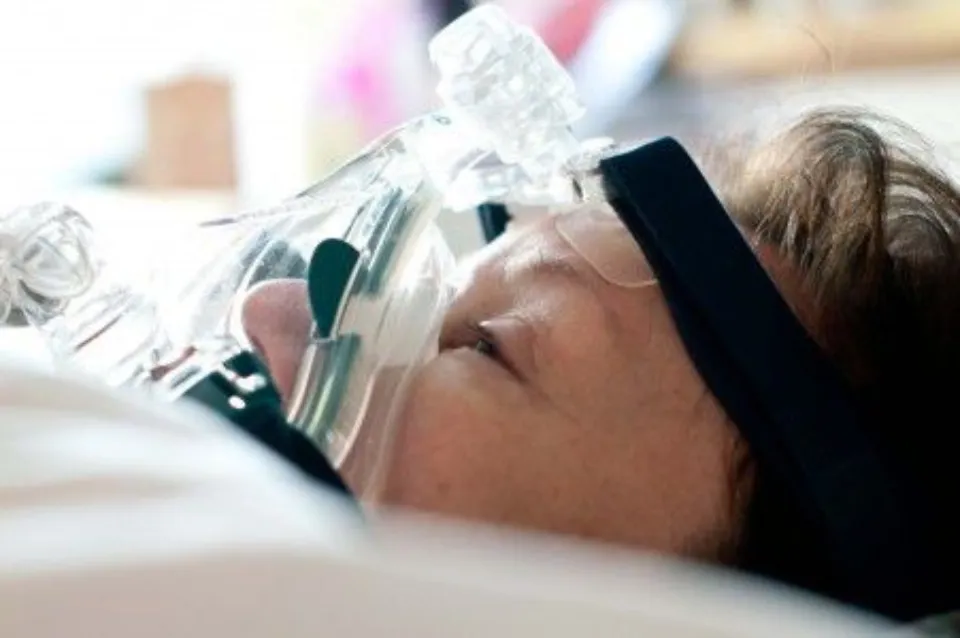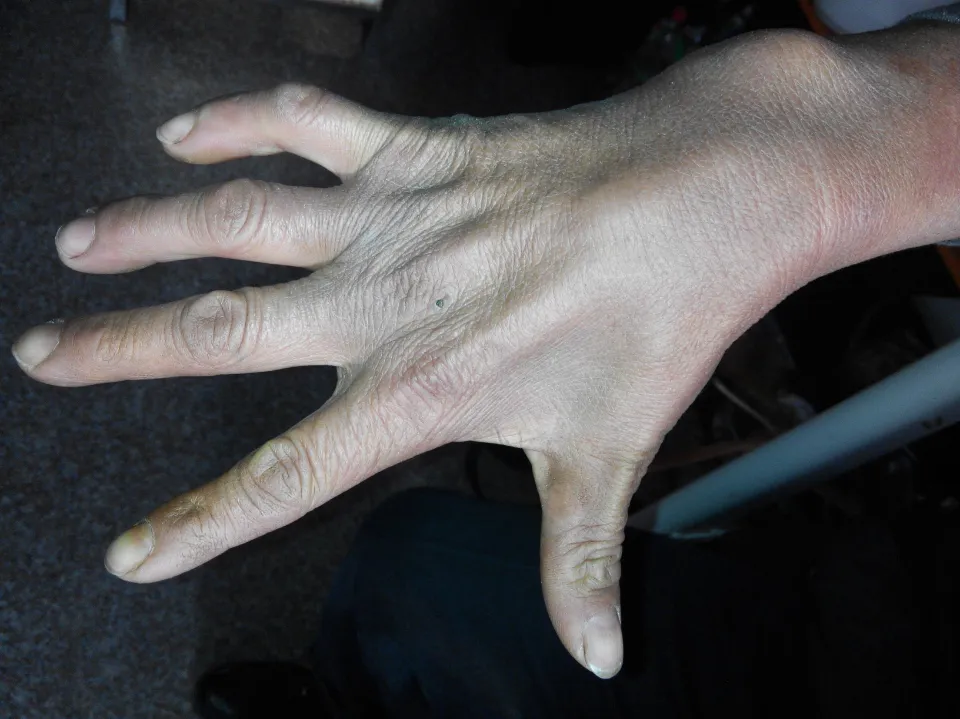
Signs You Don’t Have ALS – Identifying ALS
Because it affects motor function, ALS, also known as Amyotrophic Lateral Sclerosis, is a neurological condition that progresses and is potentially dangerous. You might not have ALS, though, if you exhibit certain symptoms.
To help you better understand and feel at ease about your health, we’ll go over the key symptoms to watch out for in this article.
How Does ALS Work?

ALS, also known as Lou Gehrig’s disease, is a neurodegenerative condition. Over time, it causes nerves to deteriorate, resulting in irreparable physical harm and a loss of muscular control.
Although there is the bodily breakdown, it is important to note that ALS symptoms typically do not include pain because the motor neurons, not the pain receptors, are the ones that are affected.
Involuntary muscles that regulate vital bodily functions are not directly harmed by ALS, despite the fact that the disease can affect many different muscle groups and cause widespread damage. Therefore, the disease has no effect on bodily functions like heartbeat, digestion, or urination.
Instead, those who have ALS gradually lose the ability to perform voluntary motor functions and intentional gestures like walking, lifting objects, holding a pencil, turning their head, and smiling.
ALS affects both lower motor neurons in the spinal cord and upper motor neurons in the brain. Muscle spasticity (tightness) is caused by upper neuron degeneration, whereas muscle atrophy and shrinkage are caused by lower motor neuron breakdown.
Symptoms of ALS

Muscle cramps, stiff necks, and balance issues are common symptoms of ALS in its early stages, but because they occur occasionally for everyone, they are simple to ignore. However, there is concern that ALS may be present if the cramps, stiffness, or lack of coordination persist.
Individuals with ALS experience different signs and symptoms, particularly in the early stages.
Some of the most common and early signs of ALS include:
- Ongoing weakness in a limb
- Persistent muscle twitches (fasciculations)
- Poor grip strength
- Fatigue
- Slurring of words
- Muscle cramping
- Stumbling and tripping; lack of coordination and balance
- Trouble swallowing
The majority of the time, a true indicator of ALA is when symptoms move continuously from one body part to another. One set of symptoms might begin in your leg and progress to your feet.
Causes of ALS
Between 5%-10% of people inherit ALS. The cause of the other issues is unknown. The development of ALS, however, may be influenced by both genetics and environment, according to some evidence.
Risk Factors for ALS
Confirmed risk factors for ALS are:
- Heredity, known as familial ALS
- Age because most people with the disease are diagnosed between the ages of 40 and 60.
- ALS is more common in men under 65 than in women.
- Genetics – certain genetic variations are believed to make people more susceptible to ALS.
- Environmental factors include smoking, environmental toxin exposure, and military service.
Tips When Battling ALS

For the patient and their family, fighting ALS will be a difficult task. It’s crucial to know as much as you can about the illness at this time. Throughout the patient’s battle, they will be essential in helping the patient.
Communication will be largely challenging due to the effects of ALS on breathing, speech, and muscle movements. For this reason, the ALS patient’s family and friends should support him or her with all of their love and patience.
Overall, both the patient and the family members find the ALS journey to be quite difficult. They should start making plans now to be ready for whatever may occur in the future. They should also look for financial assistance because treatment will eventually cost a lot of money.
You should develop coping mechanisms to deal with ALS. Acceptance is the only way you can recognize reality.
Conclusion

It is normal to be concerned and anxious about potential health problems, especially if you experience symptoms that could be related to a serious illness like ALS. But it’s important to approach these worries logically and get the right medical advice.
Understanding the indications that you don’t have Als, such as isolated symptoms, a lack of progression, and unfavorable neurological tests, can give you comfort and lessen unwarranted worry. Keep in mind that ALS is a relatively uncommon condition and that numerous other illnesses can account for symptoms similar to ALS.
Seeking the assistance of medical professionals, taking part in stress-relieving activities, and keeping lines of communication open with loved ones can all help you get through concerns if you find yourself overcome by fear and anxiety. Never forget how crucial it is to maintain both your physical and emotional health.





Average Rating